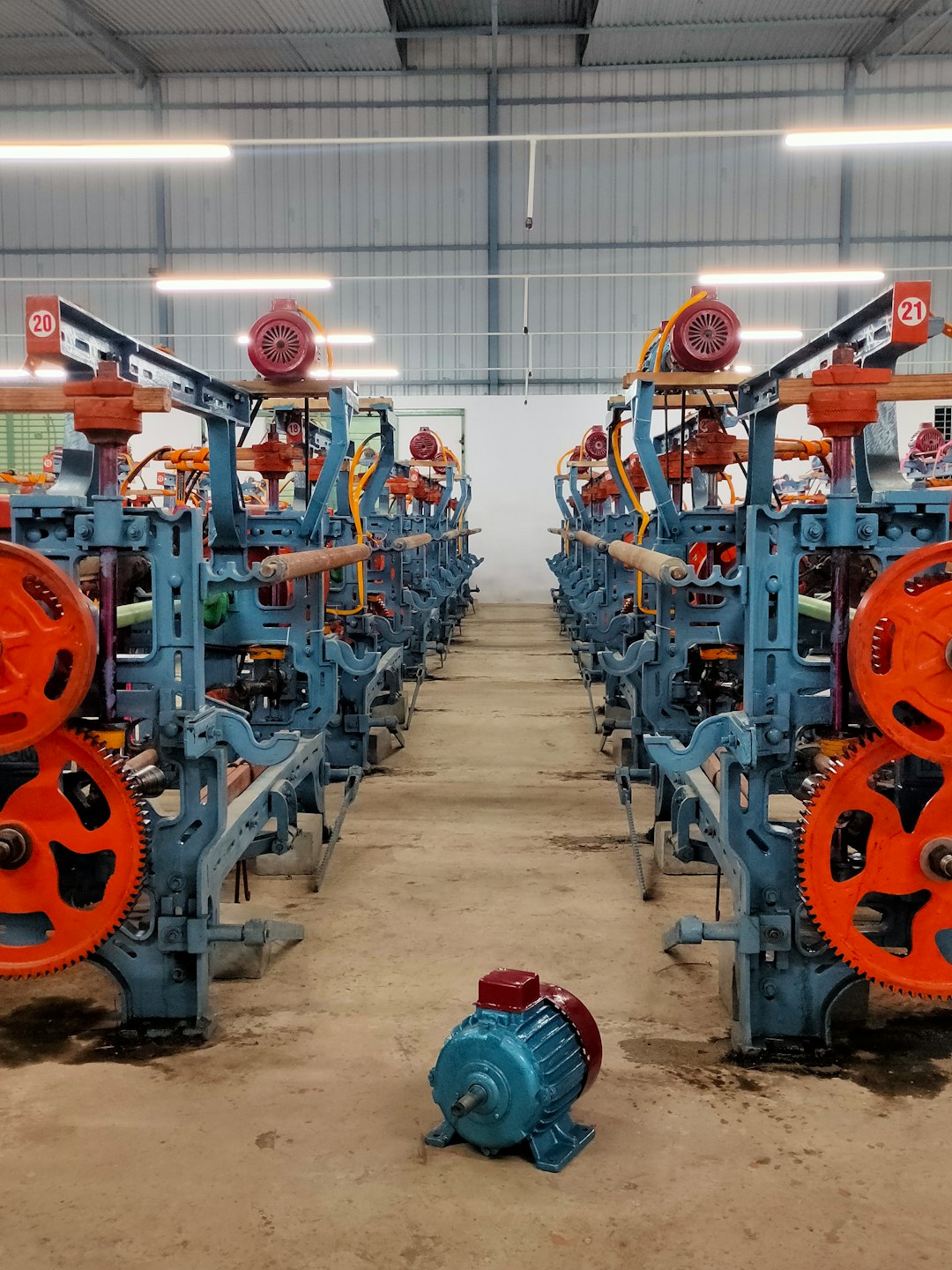Exploring the World of Smart Manufacturing
In today’s technological age, the manufacturing industry has witnessed significant advancements that have revolutionized the way things are made. One of these groundbreaking advancements is the concept of smart manufacturing, which harnesses the power of automation, data exchange, and cutting-edge technologies to enhance productivity and efficiency in the manufacturing process. This blog post aims to shed light on the world of smart manufacturing and its impact on the industry.
Smart manufacturing is not a new concept; it has been in development over the past few decades. However, recent leaps in technology have made it more accessible and cost-effective for manufacturers around the globe. At its core, smart manufacturing focuses on integrating technology into every aspect of the manufacturing process, from design to production and even to customer service. This integration results in a highly connected and intelligent ecosystem that enables enhanced decision-making, proactive maintenance, and improved overall performance.
One of the primary drivers of smart manufacturing is the Internet of Things (IoT). IoT refers to the network of interconnected devices, sensors, and machinery that collect and exchange data in real-time. In a smart manufacturing environment, these IoT devices play a crucial role in monitoring and analyzing every step of the production process. For example, sensors placed on machines can provide real-time data on their performance, allowing manufacturers to identify bottlenecks, optimize production, and minimize downtime. This data-driven approach enables agile decision-making based on accurate and up-to-date information.
Another significant aspect of smart manufacturing is the use of artificial intelligence (AI) and machine learning (ML) algorithms. These technologies can analyze vast amounts of data and identify patterns, trends, and anomalies that might be missed by human operators. By using AI and ML, manufacturers can optimize processes, predict maintenance needs, and even develop new product designs. For example, AI-driven algorithms can identify the most efficient production parameters, leading to cost savings and improved product quality. Additionally, predictive maintenance algorithms can detect potential equipment failures in advance, allowing manufacturers to schedule maintenance activities and avoid unexpected downtime.
Furthermore, automation is a critical component of smart manufacturing. By automating repetitive and time-consuming tasks, manufacturers can reduce errors, increase productivity, and allocate human resources to more complex and strategic activities. Automation can take various forms, from robotic arms and autonomous vehicles on the factory floor to software applications that streamline administrative processes. For instance, robots can assemble products with precision and speed, while automated inventory management systems can ensure that materials and components are always available when needed. By eliminating human error and increasing efficiency, smart manufacturing significantly enhances productivity and quality.
Additionally, the concept of smart manufacturing is not limited to individual factories or companies; it extends throughout the entire supply chain. Through a network of interconnected systems and real-time information exchange, manufacturers can collaborate seamlessly with suppliers, distributors, and customers. This integration facilitates accurate demand forecasting, optimized inventory management, and efficient logistics. For instance, if a supplier can access real-time production data from a manufacturer, they can adjust their production and delivery schedules accordingly, ensuring timely supply of materials. Moreover, customers can track their orders and receive updates on their status, enhancing transparency and customer satisfaction.
While the benefits of smart manufacturing are numerous, implementing this concept does come with its challenges. Manufacturers must invest in the required infrastructure, such as IoT devices, sensors, and data analytics systems. This can be a significant upfront cost, especially for smaller manufacturers. Additionally, ensuring data security and privacy is a paramount concern, as an interconnected ecosystem is susceptible to cyber-attacks and data breaches. Therefore, robust cybersecurity measures must be implemented to protect sensitive information and intellectual property.
In conclusion, smart manufacturing represents the future of the manufacturing industry. Through the integration of IoT, AI, and automation, manufacturers can achieve unprecedented levels of productivity, efficiency, and quality. The advantages of smart manufacturing extend beyond individual factories, creating a connected and intelligent supply chain. While there are challenges to overcome, the benefits outweigh the costs. As technology continues to advance, smart manufacturing will undoubtedly become the norm rather than the exception, transforming the industry and propelling it into the 21st century.
